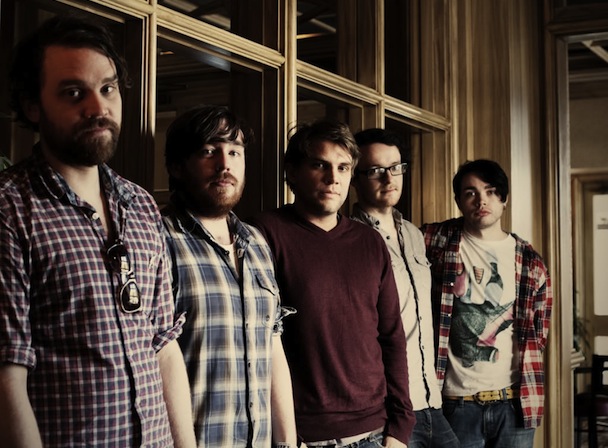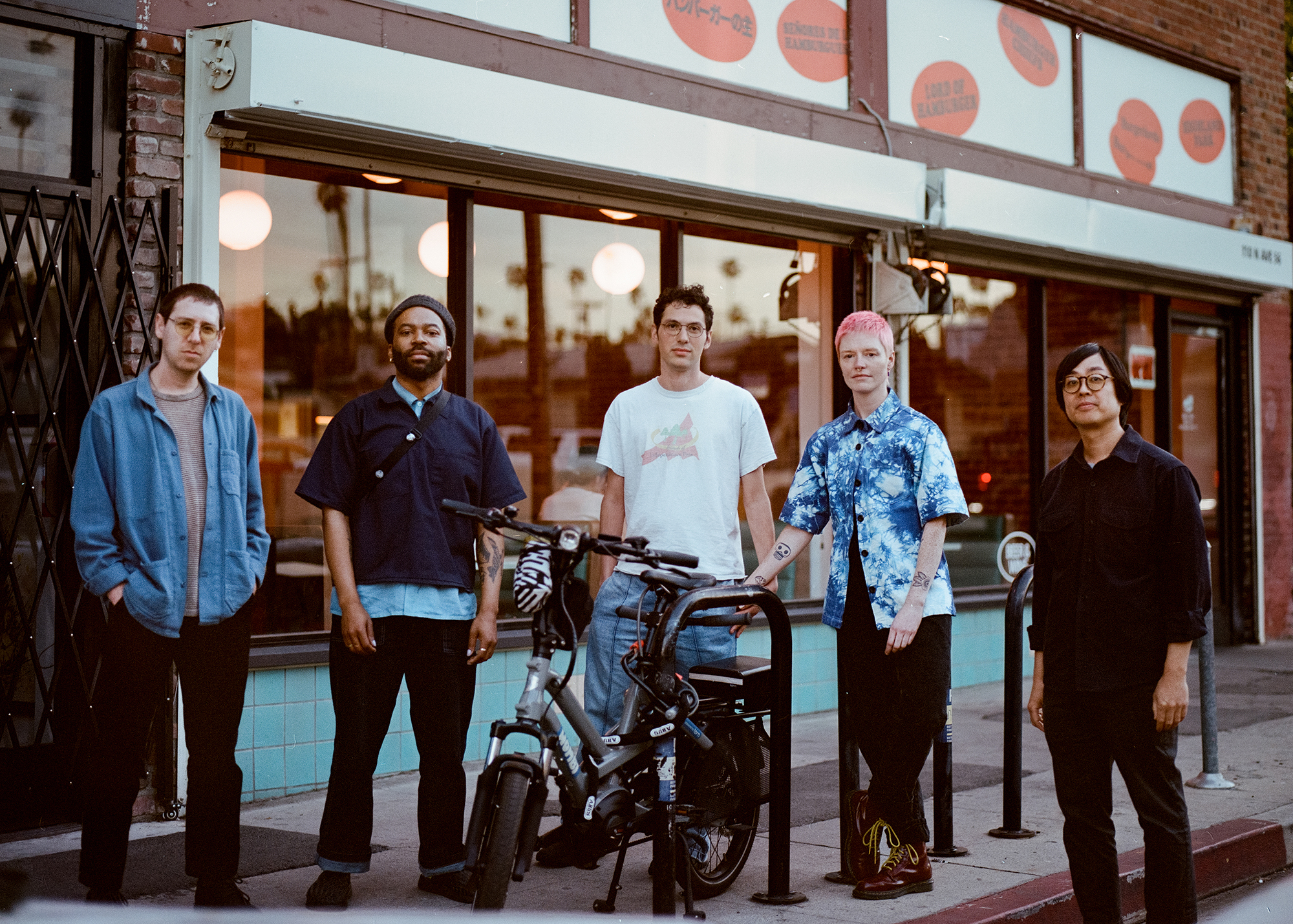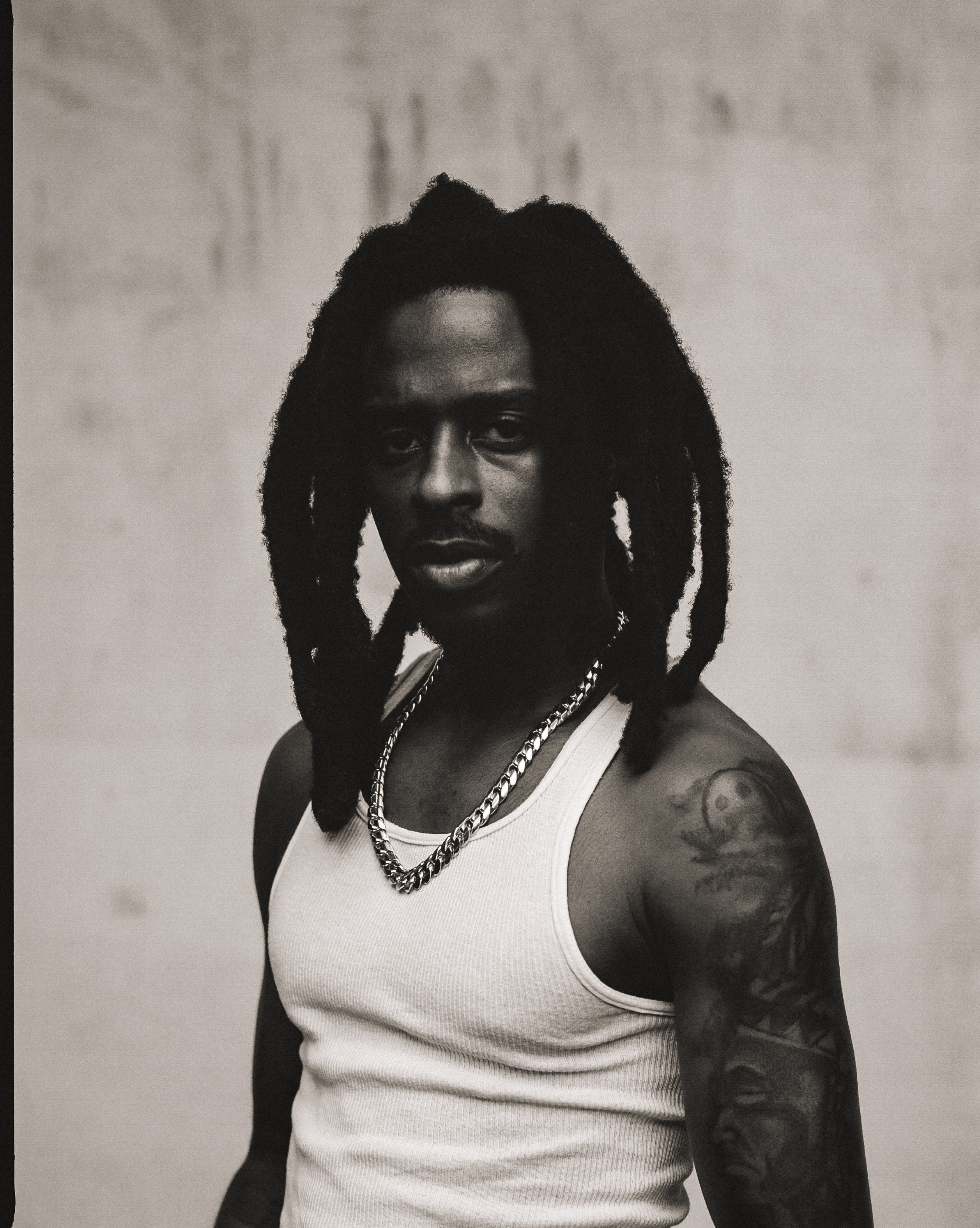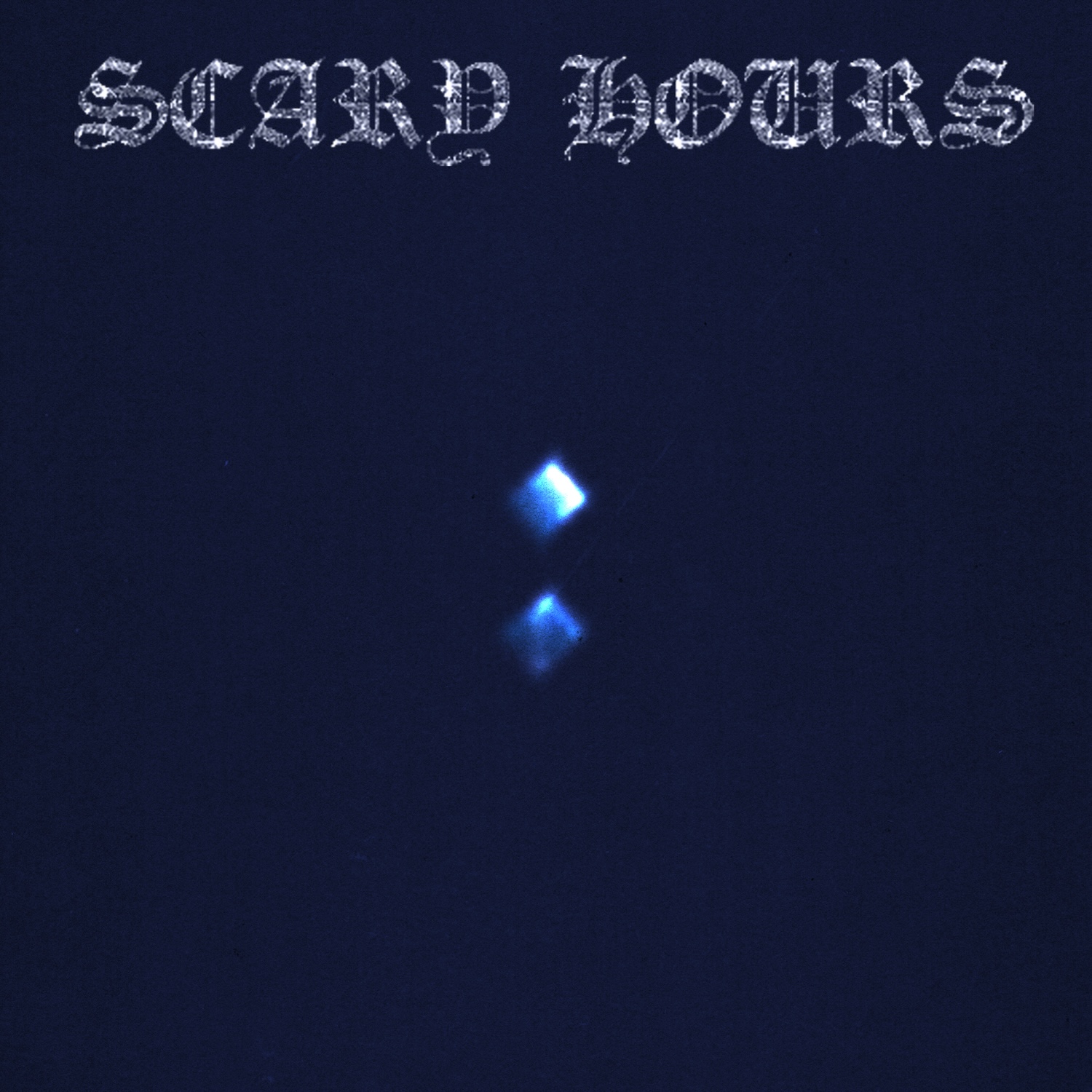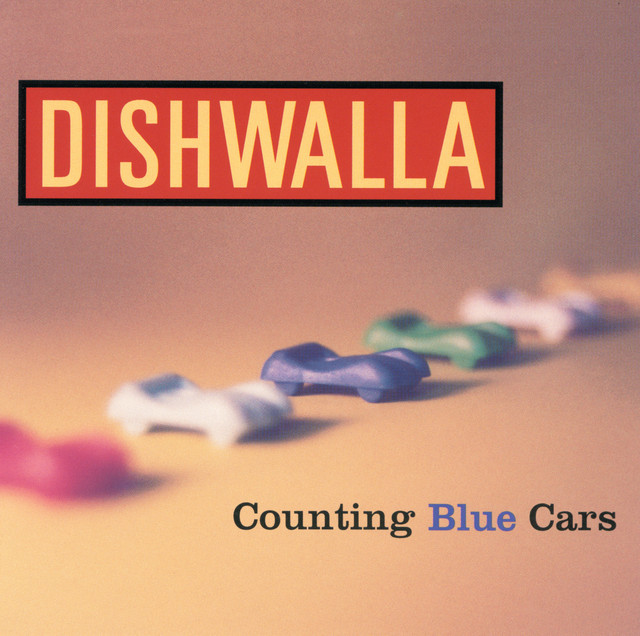A few months ago, I wrote about the increasing influence of Mumford & Sons and how that band's brand of bleeding-heart folk-rock represents the convergence of certain indie trends (howling Avett Brothers roots rock, bookish Decemberists folk-prog, humongous Arcade Fire stadium anthems, woodsy Fleet Foxes classic rock worship) with a long tradition of jammy and/or hammy frat rock -- the Dave Matthews Bands and Barenaked Ladies of the world. Mumford is dominating the music industry according to every conceivable metric -- digital and physical sales, radio spins, Spotify streams, concert attendance, festival poster font, intangible youthful zeitgeist -- capped off last month with a Grammy for Album of the Year. Meanwhile, a legion of similar acts like The Lumineers, Phillip Phillips and Of Monsters and Men is finding success in Mumford's wake, which suggests the vest-and-banjo model has accumulated genuine clout, a viable commercial/cultural counterpoint to the club music that has otherwise saturated all corners of the pop landscape.
Although there are moments when Mumford's appeal clicks and I understand why they're the biggest band in the world, on balance this genre mutation didn't sit well with me. And given the bilious response to Tom's defense of Mumford & Sons last month, this stuff must retch like poison moonshine out the average Stereogum reader's belly. The general consensus among the indie rock audience seems to be a distaste for Marcus Mumford and his kin. Still, there are undeniable threads from the post-Mumford movement back to bands that self-defined indie rock fans (including me and, for the sake of simplicity, this website's readership) tend to embrace -- your Fleet Foxes, Arcade Fires and the like. Which begs the question: Why these guys and not those guys?
One cynical answer is that indie rock listeners will like or dislike whomever the tastemakers tell them to, but the sometimes violently discordant comment section here suggests you lovely readers have minds of your own. Another stereotype says bands on the Mumford wave are gaining too large of a mainstream audience and now must be subject to too-cool indie backlash, but I don't see too many Arcade Fire fans abandoning the band in the wake of their ascension. The real gulf between Mumford's ilk and some of the analogous acts that curry favor around here is not marketing so much as posturing. The music industry presents these two breeds of musicians as peas in a pod (cue Grammys host LL Cool J on "indie success story" The Lumineers), but there's a substantial difference between the way the new superstar folk-pop bands present themselves compared to, say, Frightened Rabbit.
In response to my essay last fall, one insightful reader suggested Frightened Rabbit as a quality alternative to the post-Mumford folk movement and wondered why those sad-sack Scottish folk-rockers hadn't ridden the same wave to stardom. They do heart-on-sleeve music better than almost anybody, somehow remaining dignified while opening very messy wounds, walking a tightrope the likes of Damien Rice and Glen Hansard struggle to navigate with grace. Just about everyone who heard Frightened Rabbit's 2008 triumph The Midnight Organ Fight was instantly converted, so why aren't there more of us? Why hasn't the band's profile matured from critically acclaimed cult favorite to household name?
Michael later mused that Frightened Rabbit hindered its chances of a big breakthrough by following up The Midnight Organ Fight with 2010's The Winter Of Mixed Drinks, a misfire that traded raw minimalism for forced synthetic bombast with lesser songwriting to boot; Scott Hutchison's brooding brogue remained intact, but the pathos that fueled countless late-night sing-alongs behind the wheel of my Honda Civic had all but evaporated. It's not like Frightened Rabbit disappeared into obscurity -- the band picked up a major-label deal, regained its step on this year's Pedestrian Verse and is back to skirting the edges of the internet limelight -- but don't expect to hear "The Woodpile" between Bruno Mars and Ke$ha the way you would "Ho Hey." Maybe a Frightened Rabbit tearjerker will make its way into a movie trailer like "Wake Up" did, but not into the Top 40.
Why not? Where is the essential divide between Frightened Rabbit and Mumford's sons? Pedestrian Verse is a reminder that these bands intersect in numerous ways, but they always deflect in opposite directions. Like Mumford, Hutchison sometimes punctuates his strummed anguish with conspicuous F-bombs, but he seems less like a giddy choirboy getting away with it than a beleaguered dunce struggling to stay afloat. Both groups take cues from the folksy acoustic playbook, but where Mumford & Sons skew toward DMB's hemp-necklace rock, Frightened Rabbit's music is steeped in post-punk lineage; "Holy" shows shades of Joy Division, while interlude "Housing (Out)" borrows the melody from New Order's "Age Of Consent." Both gravitate toward big choruses in the emotional space where hope battles despair, but whereas Mumford always finds the light at the end of the tunnel, Frightened Rabbit retreats into darkness (in keeping with a grand tradition of tearful yet artful Scotsmen that also includes Arab Strap, Belle & Sebastian and FR tourmates the Twilight Sad). The common bond is relentless earnestness, but Mumford proudly bares his soul while Hutchison seems more than a little self-conscious about it. A tweet from veteran critic Rob Harvilla nicely encapsulates the difference: "frightened rabbit are the sort of band to write a song about the shame of realizing you really like a frightened rabbit album."
So here we have two avatars of earnestness, one basking in positive vibes while the other drowns in sorrow. It might be fair to declare Frightened Rabbit fans a bunch of miserable pricks and be done with it, but I'd wager a good number of us are attracted to the band less because of our inherent morbidity -- well, OK, maybe somewhat -- but more because its music registers as honest in addition to earnest. It's the same reason the public got so aggravated by Anne Hathaway while simultaneously gushing about Jennifer Lawrence during Oscar season: "perceived humility," as Harvilla put it on Twitter. At the core, I think this is why indie rock fans find some approaches to earnestness so appalling and others so appealing. We have a hard time believing Mumford's smiles aren't painted on; they strike us as a pose. Conversely, the winner's history of rock probably indicates Hutchison should loosen up and have some fun sometime, and nobody wants to hear about some sad bastard's problems when they're trying to blow off steam after a hard day's work.
This is a tricky argument because we're talking about an audience (indie rock fans) that has no problem with performers adopting fantastical personas, a people group that no longer shies away from superstars, a demographic for whom a balls-out, fist-pumping, free-spirited guitar anthem was the sound of last summer. Contrary to stigma, we're not purists nor constant mopers. The conversation becomes extra tricky when you realize a Mumford lyric like "I really fucked it up this time, didn't I, my dear?" is as self-effacing as anything Hutchison dredges from the bottom of his bottle; it's just that Mumford's line is more redemptive than something like "Let's promise every girl we marry we'll always love them when we probably won't."
It's worth noting that the comparison between the two bands has been posed to Hutchison, who ... rejects it. "I fucking hate that band and don't want to be associated with them. I thought the first [Mumford] record did something that I appreciated, but with the second they were just shoveling the same shit. And that's one of the reasons we're trying to separate ourselves, because it's a huge insult to someone who's invested in the band to give them more of the same." You think your reaction to Mumford is strong? Just wait 'til somebody tells you they can see a lot of Mumford in you. (The horror!)
Frightened Rabbit isn't necessarily more genuine than Mumford & Sons, but Hutchison's awkwardness and black humor are endearing in the same way that Lawrence's tumble on the way up to accept her statuette was endearing. Had the same thing happened to Hathaway, the public would have mocked her profusely because she comes across as full of herself, an idealized construct of a Hollywood star. Maybe she's not arrogant, but entertainment is all about perception, and few things gate harder than projecting somebody's concept of authenticity instead of simply being yourself. Trouble is, there's no way to know who's projecting.
It would be easy to draw such conclusions about Macklemore, the man behind the biggest, most controversial single of 2013's pre-"Harlem Shake" era. He's been assailed for pushing hip-hop away from its roots and jacking Slug's swag, misrepresenting his independent status and waging oblivious class warfare from a position of privilege. His critics piled on so vigorously that of course we got some "Leave Macklemore alone!" think pieces too. I wonder how many of those critiques would have been leveled if the white Seattle rapper's delivery wasn't so sanctimonious. It's not that I disagree with the sermon in "Thrift Shop" about the folly of buying $50 T-shirts; it's just that every Macklemore song has a damned sermon, always delivered with the same big-brotherly gravitas. The man built a vast grassroots empire on after-school specials molded into rap songs.
On the other hand, many of the arguments against Macklemore seem like a reach, grasping for something concrete to hold against him as a smokescreen for the more subjective critique that is "u corny bro." How many of those same critics fawned over Action Bronson for painstakingly impersonating Ghostface or overlooked far graver moral offenses than Macklemore's enthusiastic thrifting? These are the same people who bend over backwards to excuse the vilest shit in rap music -- not that any of us has room to judge -- and they're really going to freak out about a privileged white guy who's excited about buying used clothing on the cheap? Furthermore, isn't moving hip-hop away from its center usually just called "innovation"? Talk about white guilt! I have a difficult time understanding why a guy with obvious talent finding success by spreading generally positive messages would be anything but good for rap. Long Winters frontman John Roderick's recent Seattle Weekly screed "Punk Rock Is Bullshit" rings true on this point, flawed though it may be: "It's time we stopped disavowing happiness and measured pride, we punk survivors, wrapping ourselves in itchy thrift-store horse blankets thinking that only discomfort is honest."
Macklemore, like Mumford & Sons, finds himself on the populous, profitable side of the fault line. This is, I think, largely because they make music that makes people feel good about themselves and about life in general. They can be cloying, but people have proven again and again that they want cloying. This is why Good Charlotte scored widespread hits while Sunny Day Real Estate remains a secret trust among the initiated. Frightened Rabbit is also this kind of secret trust, and they probably will be forever, but due to their artful inclinations and bitter self-doubt they can count on some degree of critical support; if nothing else, they'll always have that one classic album to perform in full on tour and at least a footnote in the rock 'n' roll history books (authored by the losers, of course). This is why the glorious Waxahatchee record is a media darling and spunky, peppy YouTube star Julia Nunes is still out there in the grassroots-only zone Macklemore used to inhabit.
Should bands like Frightened Rabbit and Waxahatchee be shut out of stardom? Certainly not; they deserve as much exposure as they can get, and no listener should be so foolish as to count them out for being too dark. A lot of people would benefit greatly from taking an honest look at the broken human condition. But neither should stars like Macklemore and Mumford & Sons be written off as lames or frauds because they gleam with hope and conviction. I'm not advocating blind poptimism here, I'm just saying don't hate them because they're beautiful.
